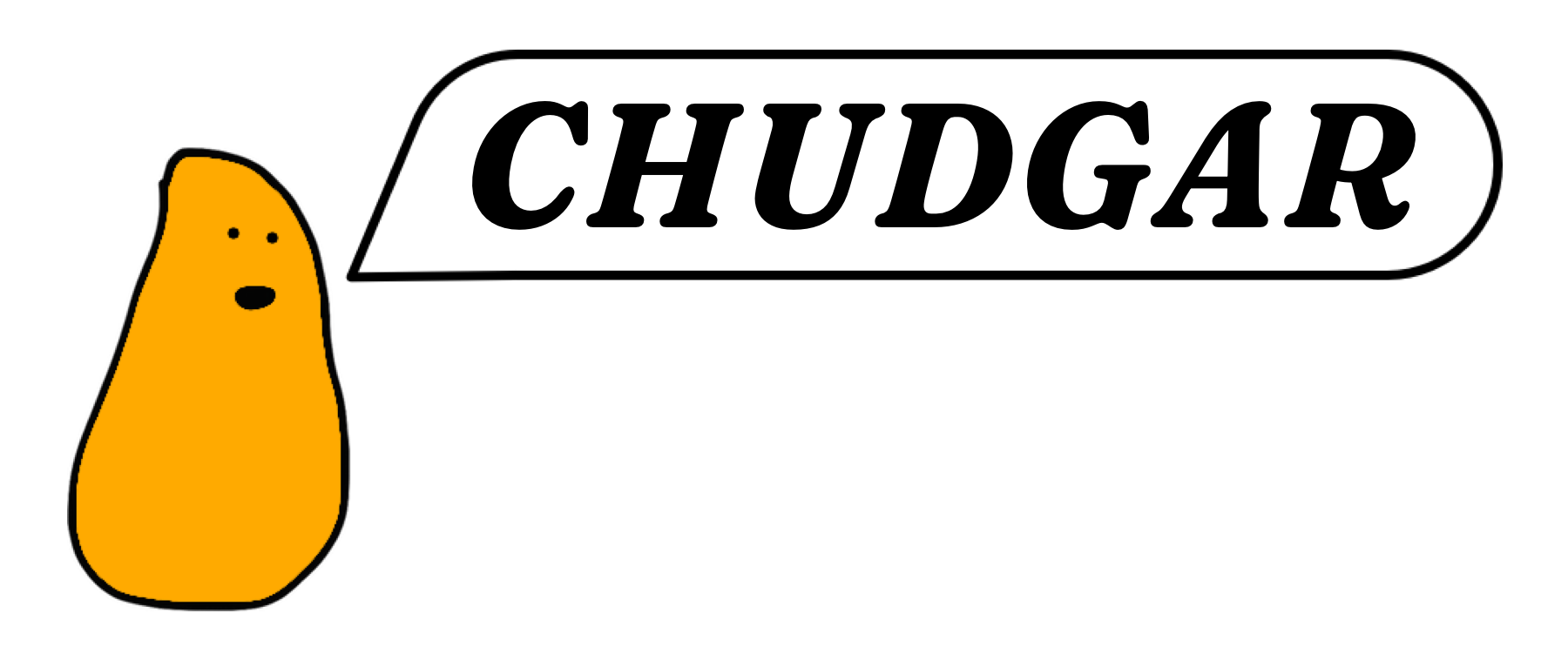Minnesota, we’re on our own
It was a hot summer for health care policy in 2017. In Washington, Republicans were hell-bent on “repealing and replacing” the Affordable Care Act — and it looked as though they just might. In this unpublished warning, I helped Minnesota healthcare leaders warn our state’s people about the danger.

This summer, Congress and the White House are planning major changes to existing health care law. While the specifics of their plans change daily, it’s likely that federal support for state health care programs will be reduced — maybe by a lot. These federal changes are forcing Minnesotans to confront the long-hidden expense of care in our state.
Money from the federal government, sometimes helped along by temporary state budget shifts, has let Minnesota sustain our best-in-the-country health care programs. But after many years of helping states bring more care to more people, the mood in Washington has shifted. It’s becoming clear that Minnesota can no longer depend on the federal government to help us bring care within reach for everyone.
Based on draft legislation from the U.S. House and Senate, the next federal health law will slash funding for Medical Assistance (our Medicaid program) and MinnesotaCare. Help for middle-income people who buy health insurance on their own may fall dramatically, leaving middle-aged and less healthy Minnesotans especially vulnerable to unaffordable insurance premiums and deductibles. The state Department of Human Services estimates Minnesota stands to lose $2 billion in the next year and a half. “That amount of money can’t be made up in other areas of the state budget in Minnesota or any other state,” says Emily Piper, our state commissioner of human services. As a former state budget director, I believe she’s right. Congressional action threatens to put care for more than a million Minnesotans at risk — about one out of every five people in our state.
While the details are certain to change, the general direction of federal policy is clear. Washington wants to cut national spending on health care, loosen federal regulations about the price of health insurance and the care it has to cover, and cut taxes for the medical industry and wealthy households.
Dramatic change is coming in how the United States government helps pay for our care. The wellbeing of a generation of Minnesotans depends on how honestly and courageously we act now.
Courage and honesty are hard to come by in the national discussion these days. Partisan outrage is everywhere. Some believe people in a free society need to take responsibility for their own health and medical bills — even if the poor, the disabled and the elderly might end up suffering along the way. Others believe a democratic government has a duty to provide for the care all people need — even if we have to raise taxes, increase regulation or go deeply into debt to guarantee care for everyone. On the news or in the paper, there seems to be little room for compromise between these two extremes.
I worked on Minnesota’s state budget under four governors from three parties, and I understand the appeal of ideological positions. But as someone whose job it is to help health insurance in Minnesota work better — and as a father, a husband and a son — I can see through the partisan rhetoric to the more challenging reality that underlies it. I believe you can too.
The reality is this: our care is too damn expensive.
Simply changing the amount of money our government spends on care won’t solve that basic problem. Simply shifting responsibility for the rising expense of care between different groups of people won’t change the amount that’s due.
No matter how we divide up our medical bills, we all end up paying — in taxes and fees, in out-of-pocket expenses, in lost opportunities, in rising premiums and deductibles, and in the suffering of people who can’t get the care they need.
The task before Minnesota today is to tell the truth about the expense of care. Only then can we face the difficult decisions before us all with courage and goodwill.
I want to be clear: the choices we’re facing now are the most difficult choices there are. What kinds of medical care count as necessary, and who decides? How much should taxpayers support low-income adults? Should our society provide as much treatment as it takes to save one sick person’s life for a month — or should we spend the same amount to keep a thousand people healthy for a decade? Is it worth paying more in taxes to do both? Is it worth spending less on roads or schools? Easy, abstract answers are plentiful on TV and on the internet. But in reality, health care choices are seldom easy and never, ever abstract. They have profound and sometimes painful effects on individual human lives.
Here’s the deal: Minnesota’s medical bills are high and rising, and we’re probably going to have less federal help to pay them. To respond responsibly, we have to ask difficult questions that nobody wants to ask. As a leader of our health care industry, I will do my part to speak clearly and openly about the choices we’re facing, especially when they’re painful.
I believe Minnesotans can come together to bring care within reach for everyone, and someday we will. To get there, we need honesty about the challenges before us, and the courage to face them squarely.



